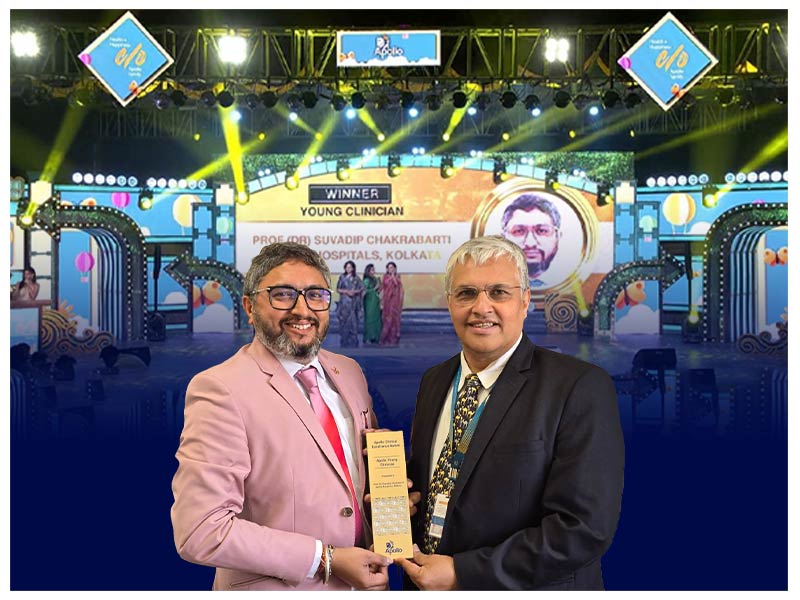World Head and Neck Cancer Day – Raising Awareness in the Public
Head and neck cancers are one of the most frequent malignancies in countries like India and a leading cause of mortality and disability worldwide. The International Federation of Head and Neck Oncologic Societies (IFHNOS) has designated July 27th as the World Head and Neck Cancer Day or WHNCD to raise awareness about successful treatment and control of head and neck malignancies around the world.
Numerous governments, NGOs, the Union for International Cancer Control, and more than 52 Head and Neck Societies from around the world have endorsed the day. According to Dr. Suvadip Chakrabarti, a famous surgical oncologist in Kolkata, head and neck cancers account for 40-50% of all malignancies in certain parts of the world like South Asia, putting a pressure on national health care systems and impoverishing individuals, families, and communities.
Are there Any Connections Between Head & Neck Cancer and Lifestyle
Tobacco usage, including smoking and chewing, as well as alcohol intake, are the leading drivers of these cancers. People who use both cigarettes and alcohol are at a higher risk than those who just use one of these substances. The human papillomavirus (HPV) is responsible for a considerable and growing proportion of oropharyngeal (tonsillar and base of tongue) malignancies. Adopting safe sexual practises can help prevent these problems. Patients who have had head and neck cancers are more likely to acquire a new cancer, which usually occurs in the head, neck, oesophagus, or lungs. As a result, it is critical to get frequently checked by a cancer doctor in Kolkata.
What Simple Lifestyle Changes can Reduce the Risks
Avoid Tobacco
According to the CDC, cigarette smoking is responsible for over 90% of lung cancer fatalities. Other tobacco products, such as pipes, cigars, and chewing tobacco, can also raise a person’s cancer risk.
According to the CDC, smoking raises the risk of cancers of the mouth, throat, oesophagus, stomach, colon, rectum, liver, pancreas, voice box (larynx), trachea, bronchus, kidney and renal pelvis, urinary bladder, and cervix. You will minimise your cancer risk immediately if you stop using tobacco products, says the head and neck cancer surgeon in Kolkata.
Consume Fresh Fruits and Veggies
While no superfood has been proven to cure cancer, studies show that eating a diet rich in fruits and vegetables can lower your risk of acquiring cancer. Cancer-fighting capabilities have also been discovered in certain foods.
Garlic, for example, has sulphur compounds that, according to WebMD, “may also inhibit cancer-causing substances from developing in your body, expedite DNA repair, and destroy cancer cells.” Broccoli, tomatoes, strawberries, grapefruit, red bell peppers, carrots, and spinach are among the other superfoods.
Exercise Restraint
Consumption of alcohol should be done in moderation. Cancer specialists and dietitians recommend that women should have no more than one alcoholic drink per day and men should have no more than two. According to the best head and neck cancer doctor in Kolkata, moderate to excessive alcohol intake has been linked to head and neck cancer, oesophageal cancer, liver cancer, breast cancer, and colorectal cancer.
Protect Yourself from the Sun
A significant lifestyle behaviour that can help you avoid acquiring cancer is wearing long sleeves, long pants, sunglasses, and sunscreen, as well as using shade protection. Long-term exposure to ultraviolet radiation from the sun or tanning beds increases your risk of developing skin cancer.


